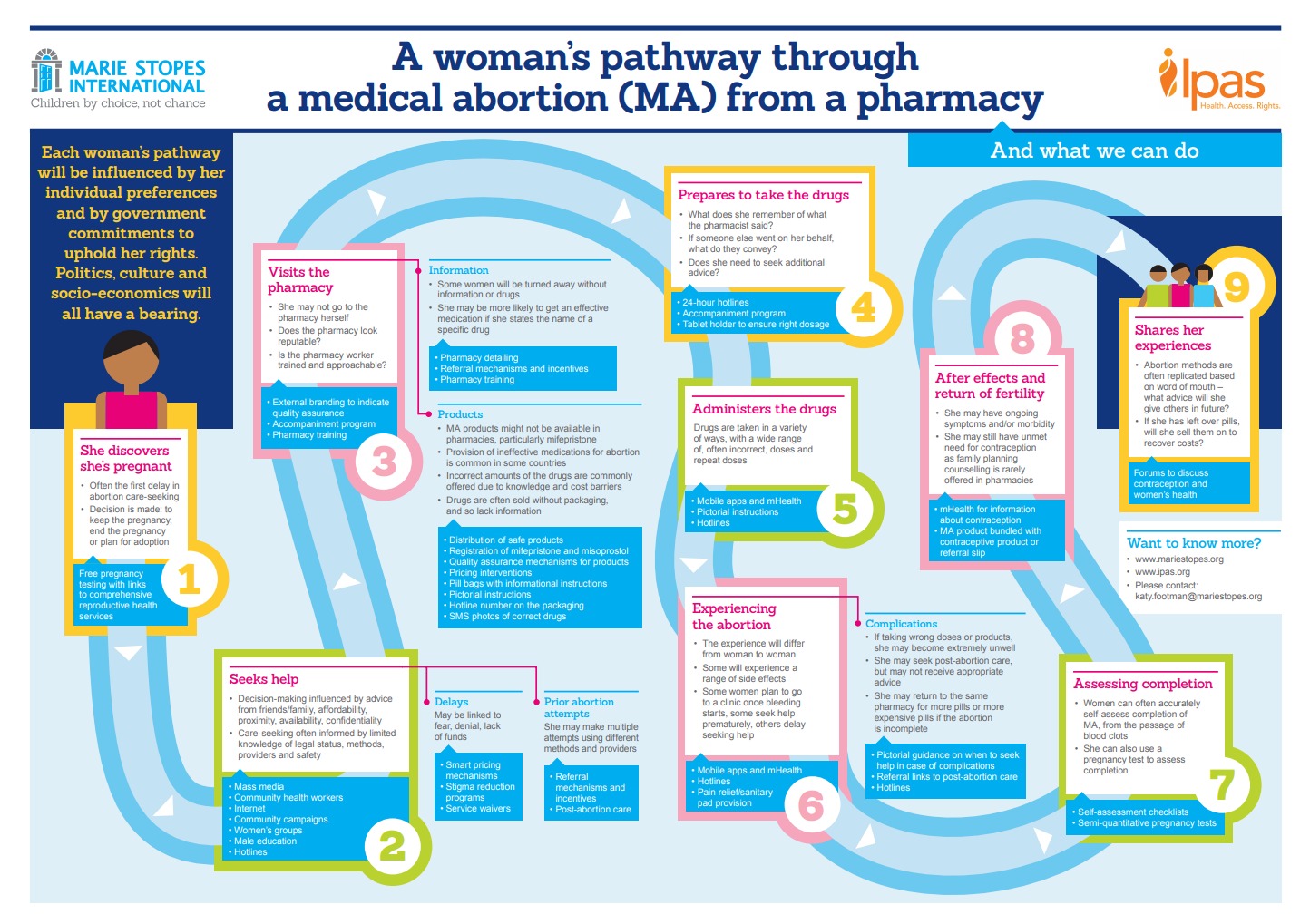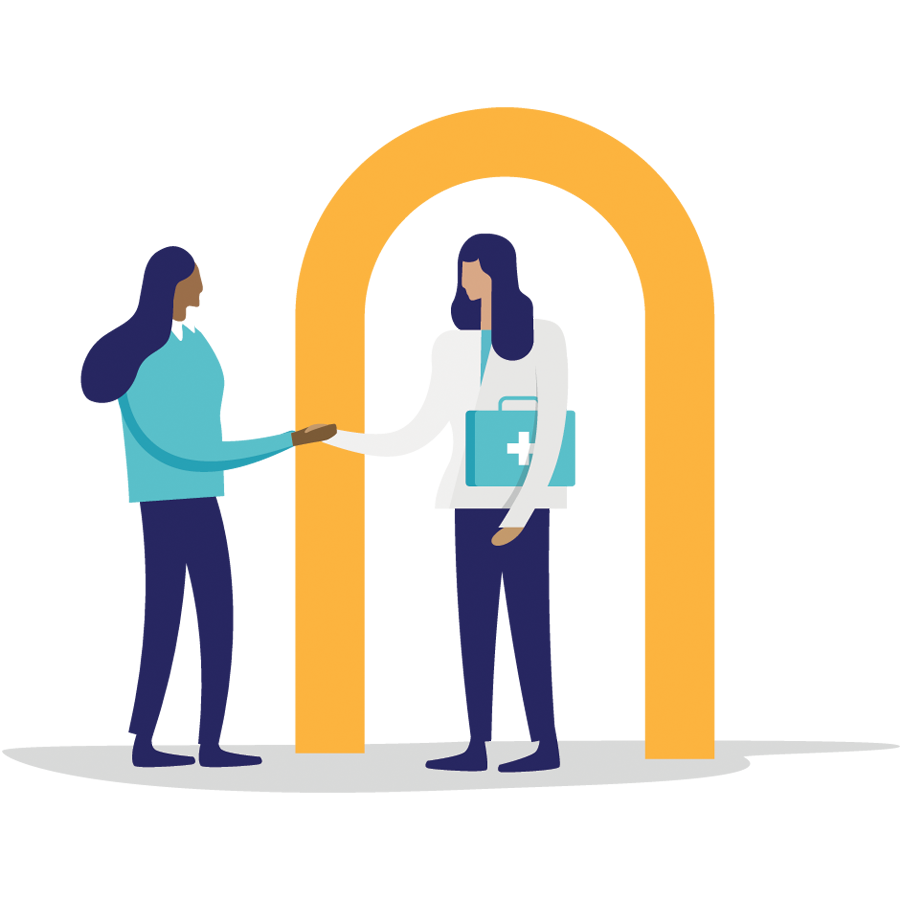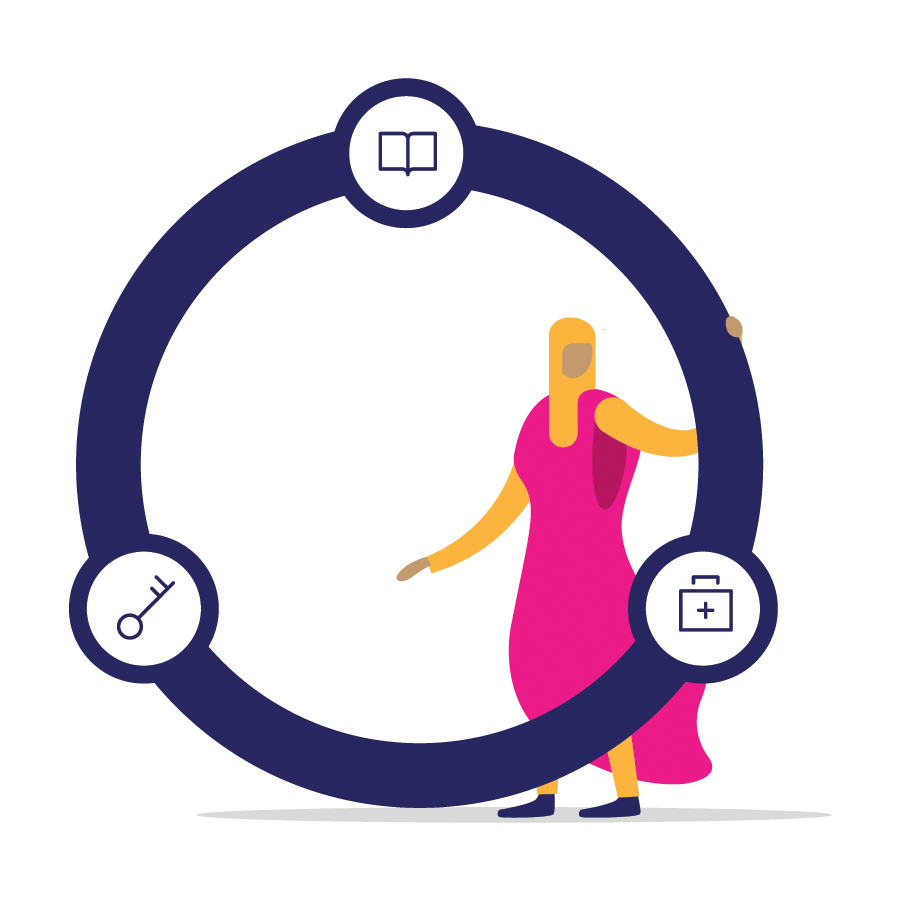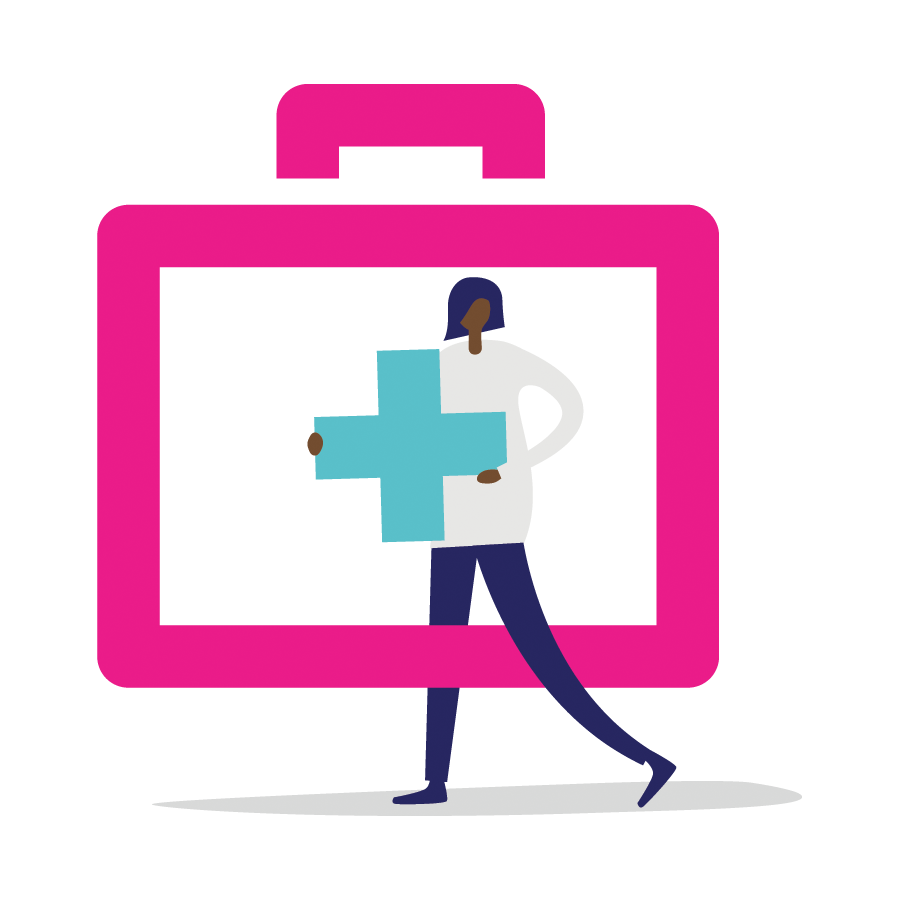Subscribe to our newsletter to receive the latest SafeAccess articles, straight to your inbox.
sign upPharmacies and drug shops are often the first place that women go to seek medical abortion, particularly in low- and middle-income countries. Due to their often-convenient location, privacy, anonymity, and low cost, as well as the wide availability of misoprostol, an increasing number of women are accessing medical abortions via pharmacies and pharmacy workers.
Research from MSI and partners found that the availability of misoprostol through pharmacies in low- and middle-income countries has been linked to declining abortion-related morbidity in some settings. However, despite the growing number of women accessing abortion via self-administration, we don’t yet have enough data on its scale and safety.
To better understand the journey of a woman seeking a medical abortion via their pharmacy, MSI, in collaboration with Ipas have mapped out the experiences of a woman in this setting, as well as the barriers facing women along the way.
Each woman’s experience will be influenced by her individual preferences, as well as her local policy restrictions, particularly in relation to each government’s commitment to upholding the rights of women and girls.
However, when accessing a medical abortion through a pharmacy, there are several approaches that providers can take to ensure each woman is accessing and taking medical abortion in an informed way and safe way. Women should be provided with high-quality commodities, access to follow-up care and the guidance to self-administrate in a safe way.
The poster, designed in collaboration with Ipas, plots a woman’s pathway from pharmacy through to medical abortion – and shows what we can do to best assist her at every step of the way.

What is medical abortion?
Medical abortion, also known as medication abortion or MA, is a non-surgical method of abortion administered using the pharmaceutical drugs mifepristone and misoprostol (combi-pack), or misoprostol alone. Misoprostol is a drug approved by the World Health Organization for medical abortion, which is widely available in pharmacies in low- and middle-income countries.






